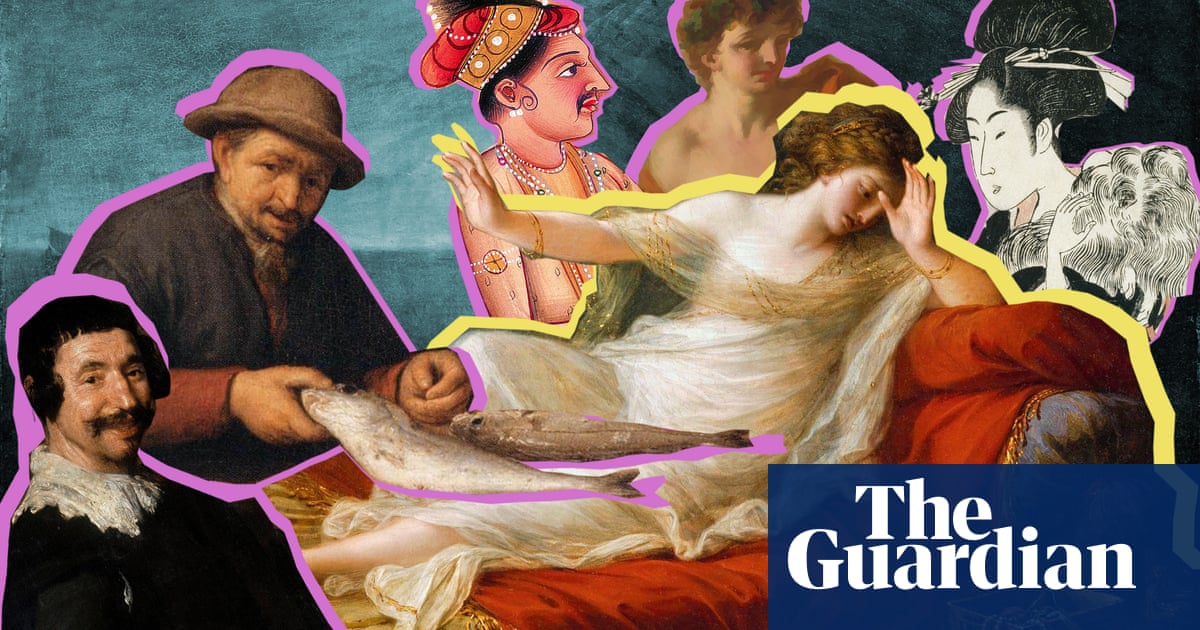
One day after work last month, Tom Otieno* went to a shopping centre in Nairobi to pick up groceries before heading home. He got a call from someone he had been chatting to for a week on Grindr, a social networking app for gay, bi, trans and queer people. The man had already tried ringing several times during the day while Otieno was with colleagues and was keen to meet.
Otieno, 29, mentioned where he was but said that he did not want to see the man. Then, as he was heading to his car, he got another call. As he answered it, someone approached him and said they were a police officer. Seconds later, two other officers joined him and surrounded Otieno.
“One of them had this envelope,” he says. “He was getting papers out of the envelope and looking at them and then at me. I saw it was a chat [from Grindr] and I saw my face on it. I knew I had been set up.”
The police asked him to get in their car to “help with an investigation”. Otieno refused and they accused him of having sex with a minor and started getting violent. “One tried to cuff me by force. Then he punched me on the chest and bent me over the car bonnet.”
Otieno agreed to go with them as long as they did not handcuff him. Once in the car, he realised they were taking a longer route to the station and started to panic.
“I felt I was going to die. A few months ago, I heard a transgender person was found dead and word went round that it was the police,” he says.
Tom refused to hand over his phone to the police, even though they asked, because he knew he had done nothing wrong and they had not officially arrested him. He started to call friends, one of whom got in touch with a lawyer from the National Gay and Lesbian Human Rights Commission (NGLHRC). She rang Otieno and said she would meet him at the police station.
Once the police knew a lawyer was involved, they took Otieno to the station but not before threatening him and demanding money to “make everything go away”.
Otieno’s experience on social media sites or dating apps of being “catfished” – as using a fake identity to lure someone online is known – by people intending to extort money is common among members of the LGBTQ+ community in Kenya.
With section 162 of the colonial-era penal code criminalising sexual acts deemed “unnatural”, there are fertile grounds for the practice to thrive. Activists want social media companies to take action to stamp out the extortion.
Kenya’s high court rejected a bid to repeal the law criminalising gay sex in 2019. There is another move to repeal section 162, which is at the root of this issue, now waiting to be heard in the court of appeal.
Njeri Gateru, executive director of NGLHRC, says: “The existence of laws that criminalise homosexuality create a landscape where anyone attracted to someone of the same gender is seen to belong to a lesser place in society, and as a criminal. That creates room for people to take advantage of queer individuals.”
According to Gateru, cases of blackmail and extortion are increasing, methods are becoming more sophisticated, and while this type of crime used to be limited to Nairobi, it has now spread to other areas of the country.
Exact figures on its prevalence are hard to come by and Gateru estimates that only about 10% of cases are reported. The NGLHRC legal aid centre has dealt with 679 such cases since its inception in 2013. Other LGBTQ+ organisations in the country say they have anecdotal evidence of thousands of such cases.
Otieno, who works in finance, was aware enough of his rights that he questioned the police officers’ actions and rebuffed their efforts to extort bribes from him. Once he arrived at the station and met his lawyer, the minor the police claimed had wanted to press charges against him was suddenly unavailable. Otieno was not arrested or charged.
Many other members of the LGBTQ+ community have ended up in dire situations after being catfished on social media and dating sites. Lawyers and caseworkers have reported cases where people have been beaten so severely that they required hospital treatment and some almost died. Others have been raped and robbed at gunpoint. Many have been forced to empty their bank accounts and pay bribes amounting to tens of thousands of pounds to their blackmailers. Perpetrators include police officers, but also other officials and members of the public.
Bruno Shioso, speaking for the National Police Service, says these claims are “suspicious”.
“Police don’t stalk citizens on social media. I don’t understand what the motivation would be,” he claims.
Kelly Kigera, of the emergency security response team at the Gay and Lesbian Coalition of Kenya, says blackmailers approach members of the LGBTQ+ community online, sometimes using “cute” fake pictures, to chat and gain their trust before arranging to meet. Sometimes they will take compromising pictures or videos, which they use to threaten to expose their victim’s sexual orientation.
Other people report police officers storming into their homes, threatening them with prosecution under section 162. Kigera adds: “They take your phone, contacts, passwords. They see other gay men you’ve been talking to, and trace them using other platforms.”
The pandemic has made everything worse, says Gateru: “There has been such a loss of income and livelihoods from within the community and some people have resorted to these means to try to make a living for themselves.”
Activists say it is important to educate police officers about the rights of the LGBTQ+ community to try to avoid this happening. Gateru says she has made five allegations of misconduct to the Independent Policing Oversight Authority (IPOA) over the past two years. “Very little is done,” she says. “It’s very frustrating.”
A spokesperson for the IPOA denies this: “The authority is not in receipt of any complaint falling within the ambit of police targeting individuals as a result of their sexual affiliation.”
Many question whether the social media companies are doing enough to protect users. Gateru says: “It’s a very slow response from some sites, even when we report instances of blackmail. Action taken is minimal to none.”
A Grindr spokesperson says: “We are always saddened to hear about the difficult and sometimes tragic experiences that our community members have experienced both online and off.”
He says that Grindr has published a security guide and safety tips and has weekly in-app messages to remind users to exercise caution in all aspects of life in countries where it is illegal to be gay. In Kenya, those messages include links to the NGLHRC.
In Nairobi, Otieno is still recovering from his ordeal. Friends have since told him similar stories of abuse and extortion. He wants social media and dating sites to do more.
“I really think they should do a lot more when it comes to eliminating such characters,” he says. “For most of us in Africa, [these sites] are the only avenue where we can meet people of our type.
“If they are now a threat to us, something must be done,” he adds. “You can’t put people’s lives on ransom.”
*Name has been changed to protect his identity









